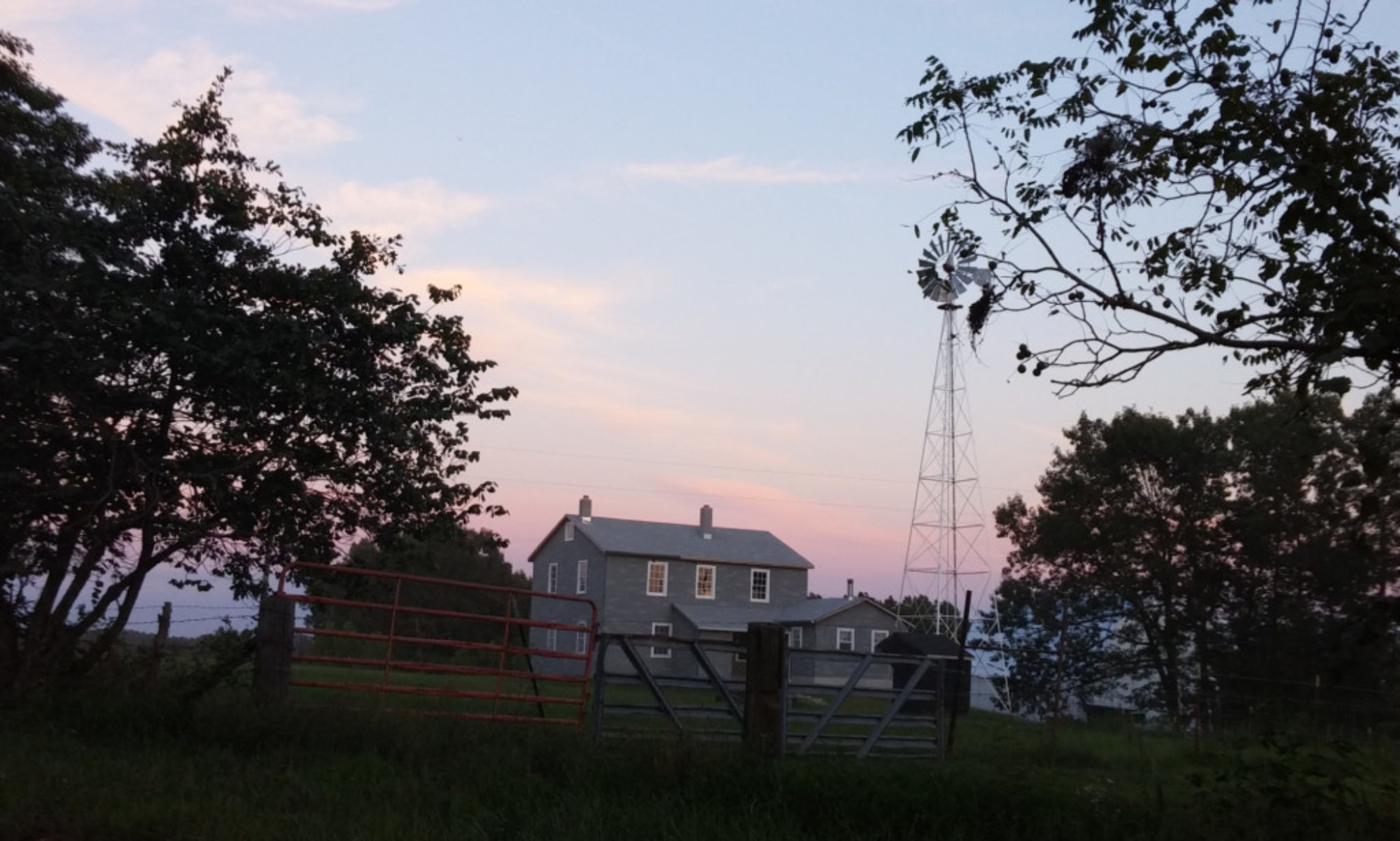“The liberal thinker who was most influential to the American Founders, especially Thomas Jefferson, was John Locke. Locke’s Second Treatise of Government became a blueprint of sorts for Jefferson as he wrote the Declaration of Independence.
In the early portions of the Second Treatise Locke attempts to ascertain and explain the foundation of legitimate government. The world had seen any number of governments after all, but how many of them had been legitimate?
In order to address this, Locke asks his readers to imagine a place in which there is no government. Following Thomas Hobbes, he referred to this place as the state of nature. In the state of nature, according to Locke, all men are free and equal, and can do as they choose “within the bounds of nature.” The bounds of nature are simple, according to Locke. All this means is that no one can harm another in his life, liberty, or property. The law of nature, he believed, is reason itself.
Because life in the state of nature is inconvenient, at best, people come together to form government. But because all are free and equal, none can rule over the others without “the consent of the governed.” This is a phrase that Jefferson borrowed directly when writing the Declaration of Independence, but he borrowed a great deal more, and Locke’s thought came to frame a good deal of colonial political thought during the period.
Next, read chapters eight and nine of Locke’s Second Treatise to get a sense of what informed the colonists at the time…….” Read More

